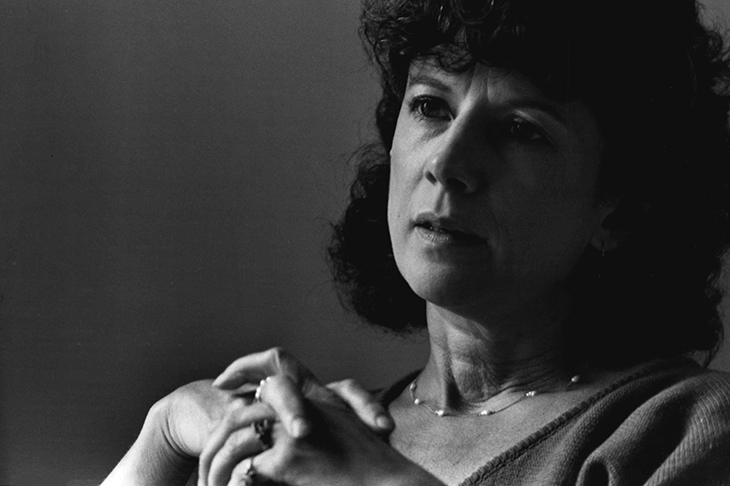Forty-seven years ago, Virago paperbacks, with their stylish green spines and hint-of-the-transgressive colophons of a red apple with a bite out of it, revolutionised British publishing in a way that had not been seen since Allen Lane’s Penguins in the 1930s.
It’s no exaggeration to say that the firm permanently altered a nation’s reading habits. Founded in 1973, three years after the Equal Pay Act and with the Sex Discrimination Act just two years away, Virago had a clear feminist objective. It wanted to produce books that gave a voice to the 52 per cent of the population under-represented in a world of mainstream publishing still largely run through the old boys’ network. Its mission was to help women understand their history, to establish a female literary canon and to make visible the experience of modern women in new, empowering portrayals in both fiction and non-fiction.
With regard to the last of these, the novelist Angela Carter caught the raucous exhilaration of the moment when she wrote that she hoped that no daughter of hers would ever be in the position to write — ‘for all its exquisite prose’— By Grand Central Station I Sat Down and Wept, and might attempt something more along the lines of By Grand Central Station I Sat Down and Tore Off His Balls.
It’s no exaggeration to say that the firm permanently altered a nation’s reading habits
Lennie Goodings was at Virago almost from the beginning, ‘a small town kid from Canada’ employed by the Australian Carmen Callil, one of the founders, to work in publicity, a vital area for the new imprint. She remains at the company today, having survived all the buy-outs, fall-outs, peaks and troughs and feminist and post-feminist eras that define Virago’s history.
Her book is a hybrid concoction, part memoir, part practical guide to publishing, editing and reading — did you know that in most publishing houses only 20 per cent of titles make a profit? The other 80 per cent lose money or barely break even — with
a scattering of affectionate pen-portraits of some of the authors she has worked with.








Comments
Join the debate for just £1 a month
Be part of the conversation with other Spectator readers by getting your first three months for £3.
UNLOCK ACCESS Just £1 a monthAlready a subscriber? Log in